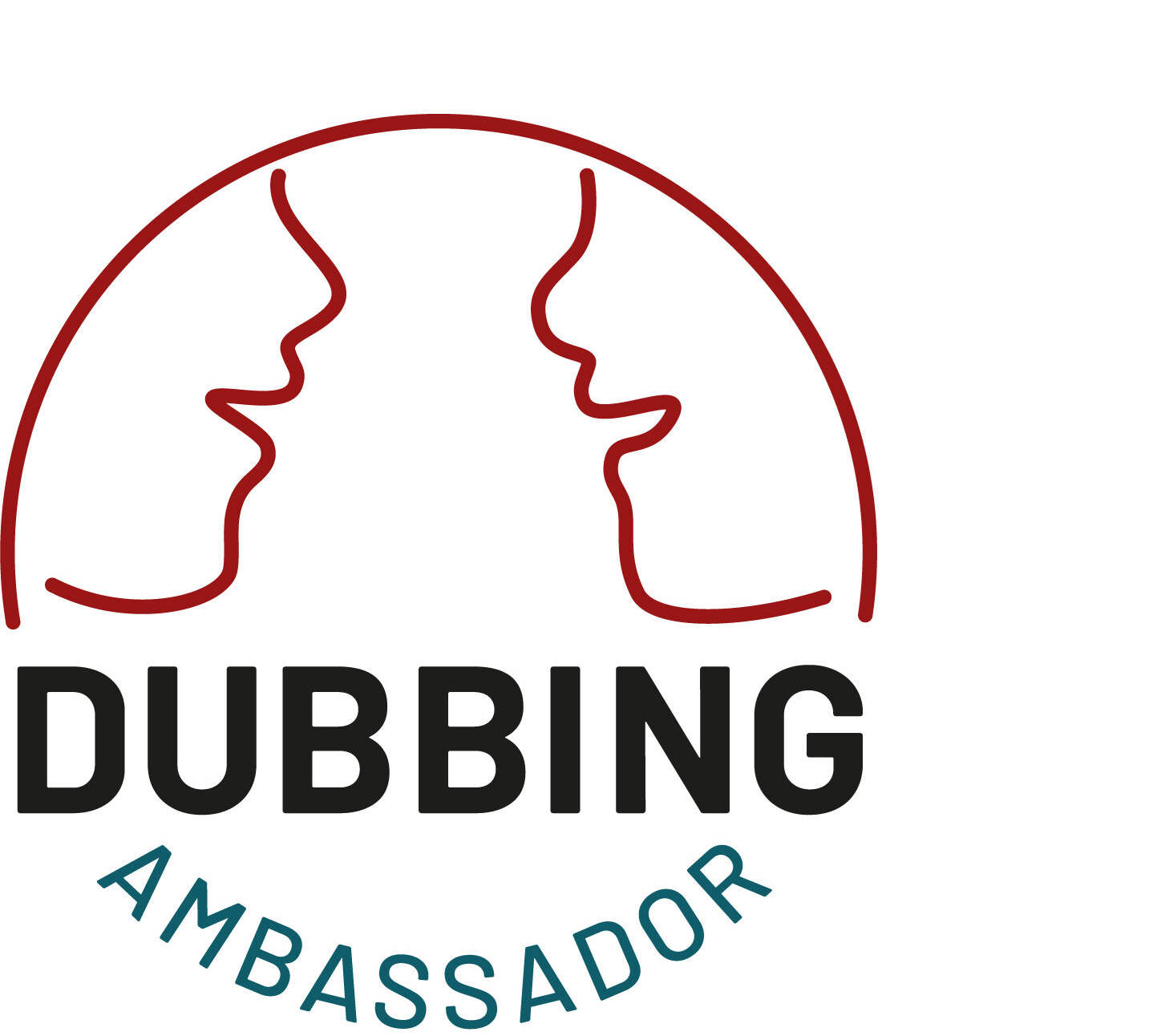A little while ago, I was describing the status quo of AI in the German dubbing industry in an international online forum. Another forum member commented very quickly, saying, “There is not much I can say. (…) Most or all in my country is subtitling. Yes, I can imagine AI eventually taking over your dubbing industry.”
Now, this person wasn’t even in localization, much less dubbing. Yet a quick look at my description of how AI dubbing companies promise much, have delivered little, yet pose a huge threat to traditional dubbing, led that person to see that traditional dubbing is dead.
It’s something that happens to me again and again. I describe the status quo and person A, from a non-dubbing country, tells me, my industry, and my job, are basically dead. Person B, from a dubbing country says, “how is that possible? There are so many elements where humans are essential to the process, not as “human in the loop” but as “human at the core”? AI should never take over dubbing entirely!”
Dubbing countries and non-dubbing countries simply – and somewhat ironically – don’t speak the same language. And this is why there is very little conversation between the different stakeholders, that is, between the content providers, the dubbing companies, the various AI dubbing companies, and the creatives. In the vast majority, content providers are located in non-dubbing territories (UK, US) and are unfamiliar with dubbing as a cultural phenomenon. Almost all AI dubbing companies also come from non-dubbing countries.
I have often compared getting used to dubbing to a child getting used to watching a movie. You need a certain time to develop the particular form of suspension of disbelief that makes movie magic work to get you immersed in the story, developing that intense connection with the characters, knowing at the same time that what you’re watching isn’t real.
Of course, not coming from a dubbing country isn’t per se a problem. However, what we see so often is someone from a non-dubbing country (the AI dubbing company) telling someone from a non-dubbing country (the content producer) that dubbing could be done cheaper, faster, and better. And THIS is a problem.
People from non-dubbing countries look at our industry like someone who’s never seen a bicycle before would look at a bicycle and say, “two wheels? That seems excessive. One should be enough.” This someone then goes to all the bicycle manufacturers, who themselves come from car-only countries, and tells them how much cheaper they could build bicycles, and how much faster, if they only put one wheel on every bicycle.
By the time everyone realizes that two wheels actually make sense, this process has killed off all wheel manufacturers, a number of bicyclists, and everything else surrounding the bicycle industry. The person who thought they’d “disrupt” the market with their revolutionary idea then takes their money and proceeds to go somewhere else, maybe ruin the shoe industry. The people look at their broken bikes, no one to fix them, and maybe resort to using cars instead. It’ll be more expensive for them, and the world will be polluted.
Look. I’m convinced that AI is here to stay and that AI dubbing has a place. In fact, I would love to learn exactly where that place might be. Like everyone in dubbing, I adapt (pun intended) to new circumstances. I’m interested in making dubbing better, and the workflow faster, maybe even cheaper. Some of the money saved might be added to my fee, no? But we need to find a common language. I can completely see the fascination of automatic translation, of STT and STS technologies, and of making a machine effective in giving a synthetic voice direction – I’m interested in language too, after all, and in how it works. Funny that I don’t see the fascination coming from the other side. Raise your hand if you work for an AI dubbing company and have visited a dubbing studio and watched voice actors and directors work, or looked over the shoulder of a dubbing scripwriter … As I said last year at ITS! London: “Show me yours and I’ll show you mine.” Let’s get some reciprocity going.




